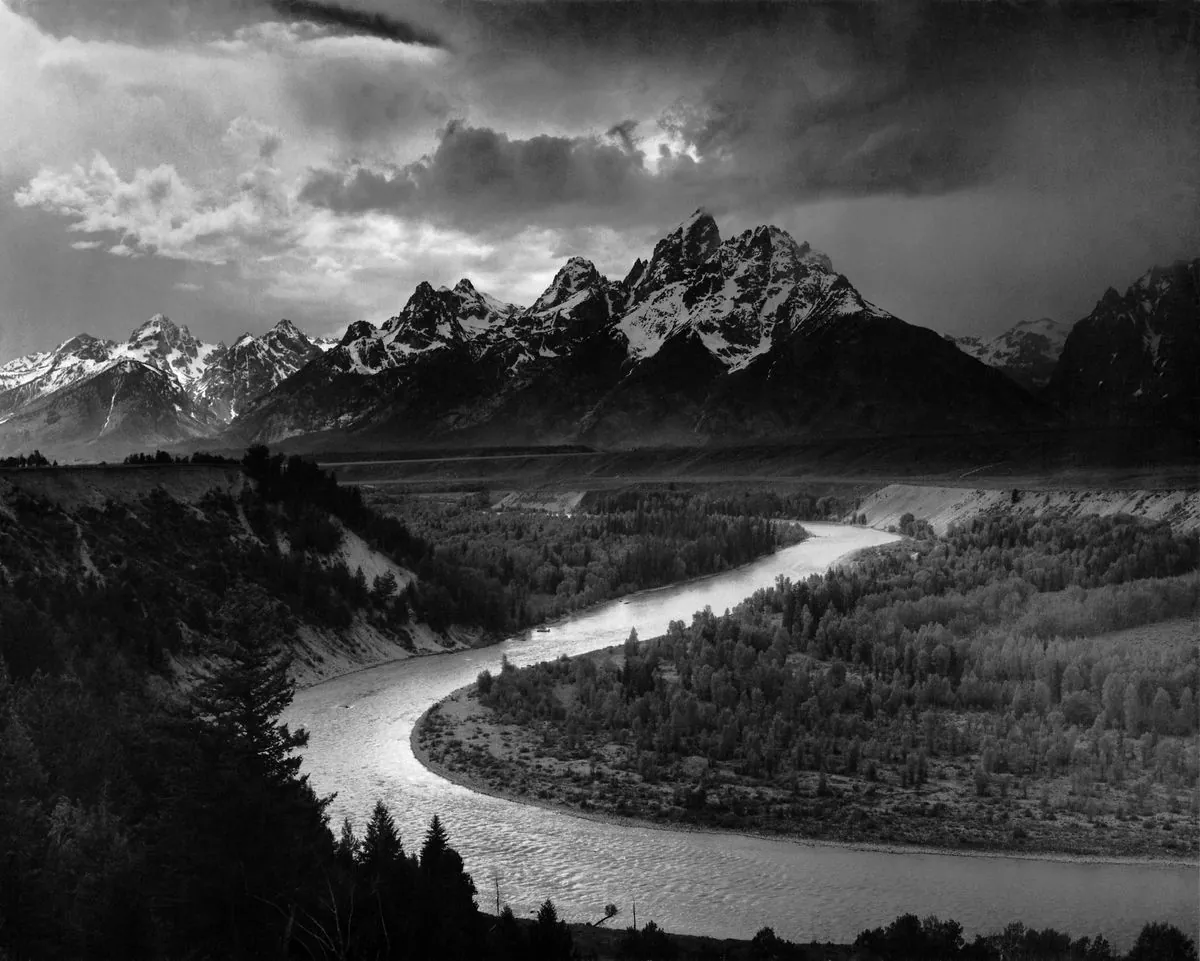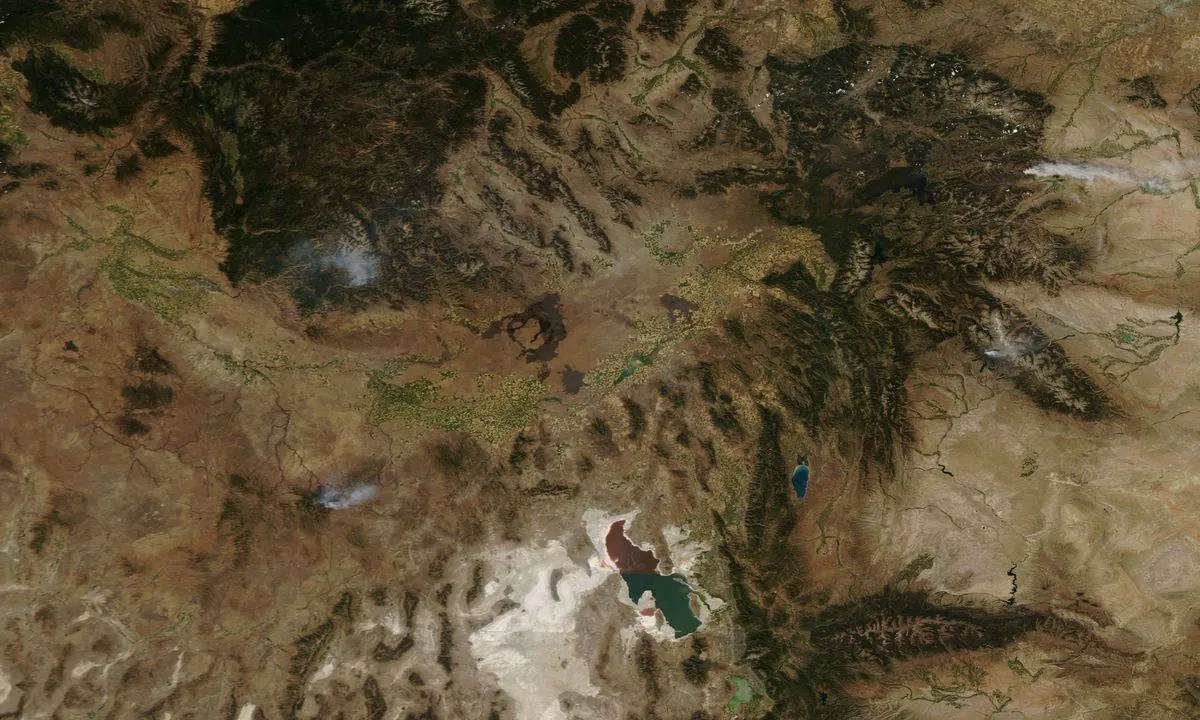Idaho Prevails in Federal Water Rights Dispute, Judge Rules
A U.S. judge upholds Idaho's water rights forfeiture laws while striking down others as unconstitutional. The ruling impacts federal agencies' control over water rights on public grazing lands.

A U.S. federal judge has delivered a mixed ruling in a contentious water rights case between the state of Idaho and the federal government. The decision, issued on 2024-08-28, upholds Idaho's laws regarding the forfeiture of water rights while striking down other statutes as unconstitutional.
Chief U.S. District Judge David Nye rejected the U.S. Department of Justice's attempt to block Idaho from enforcing laws that provide ranchers a path to acquire water rights currently held by the federal government for public grazing lands. This ruling represents a significant victory for Idaho in defending its forfeiture process, which is considered a crucial aspect of the case.
The dispute stems from a decades-long legal process to determine water rights within the Snake River Basin, one of North America's largest watersheds covering approximately 108,000 square miles. The Snake River, the largest tributary of the Columbia River, flows through Wyoming, Idaho, Oregon, and Washington, and its basin is home to one of the most productive aquifers in the United States.

In response to a 2007 Idaho Supreme Court ruling, state lawmakers enacted a series of laws between 2017 and 2022 that modified water rights policies. These laws challenged federal agencies' ability to hold water rights for livestock grazing on public lands managed by the U.S. Forest Service and Bureau of Land Management, which collectively oversee 438 million acres of public lands and national forests.
The concept of "beneficial use" is fundamental to water rights in many western states, including Idaho. The state's laws required federal agencies to own cattle to acquire stockwater rights and provided a mechanism for ranchers to gain control of these rights through a forfeiture process administered by the Idaho Department of Water Resources.
While Judge Nye upheld the forfeiture-related laws, he found that some statutes discriminated against the federal government, violating the U.S. Constitution's Supremacy Clause. These included a law requiring federal agencies to own cattle and two other statutes targeting their rights.
The ruling has significant implications for the congressionally authorized federal grazing program, which allows livestock owners with permits to graze cattle on federal land in Idaho. This program, dating back to the Taylor Grazing Act of 1934, has been a cornerstone of public land management in the western United States.
Raúl Labrador, Idaho's Attorney General, welcomed the decision through a spokesperson, emphasizing the state's success in defending the forfeiture process. The Idaho Department of Water Resources, established in 1965, will likely play a crucial role in implementing the upheld forfeiture laws.
The case highlights the complex interplay between state and federal interests in managing water resources, particularly in the arid western states where water scarcity is a persistent concern. The Snake River, which is home to several endangered species including sockeye salmon, underscores the ecological importance of these water rights decisions.
As Idaho reviews the court's decision to determine its next steps, the ruling sets a precedent for how states and the federal government negotiate water rights on public lands. The outcome of this case may influence similar disputes in other western states that follow the doctrine of prior appropriation for water rights.
[[Attorney General Raúl Labrador's office statement]]
"The court thus upheld the constitutionality of Idaho's forfeiture statutes as they apply to stockwater rights the United States acquires under Idaho law. Our office is reviewing the balance of the court decision to determine the best course of action forward."
This complex legal battle, rooted in the management of a vital natural resource, continues to shape the relationship between state and federal authorities in the realm of water rights and public land use.


































